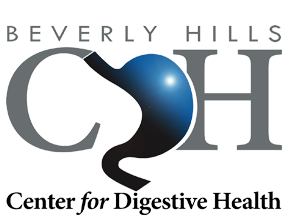EGD Beverly Hills
BOOK APPOINTMENTIntroduction
During the EGD procedure, once a polyp or other abnormal tissue is found, it can be removed immediately by the doctor. The sample is taken for further analysis to determine if a surgical procedure is necessary.
Treatments
The endoscope camera will transmit the images to a computer screen. Instruments will then be used to remove polyps, extract tissue samples, inject solutions, or remove infected tissues.
Conclusion
If the EGD reveals the presence of an ulcer, polyp, or other abnormal tissue, subsequent surgery may be necessary.
Our Blogs
If Something Does Not Feel Right, It May Be Time to Get Answers
Ongoing bloating, constipation, rectal discomfort, or reflux should not be ignored. These symptoms may point to conditions that benefit from proper evaluation and care. We treat concerns such as constipation, hemorrhoids, fecal incontinence, and pelvic floor...
From Evaluation to Treatment: Looking Ahead to Your GI Visit
Digestive health concerns can affect your comfort, confidence, and daily life. At BH Center for Digestive Health, we provide a full range of gastrointestinal services to help identify, manage, and treat GI conditions with care and clarity. From colonoscopy and EGD to...
Wishing You a Happy 2026 New Year from Dr. Davidson and Team!
✨ Welcome, 2026! ✨ A new year brings fresh beginnings, renewed focus, and a chance to put your health first. As we step into 2026, let this be the year you listen to your body, prioritize your digestive wellness, and choose care you can trust. At BH Center for...
Call to Schedule
Our office is available to answer your questions and evaluate your symptoms.

Phone
(310) 855-0222
Fax: (949) 404-6467
Hours
Mon - Fri: 9am – 5pm
Sat - Sun: Closed